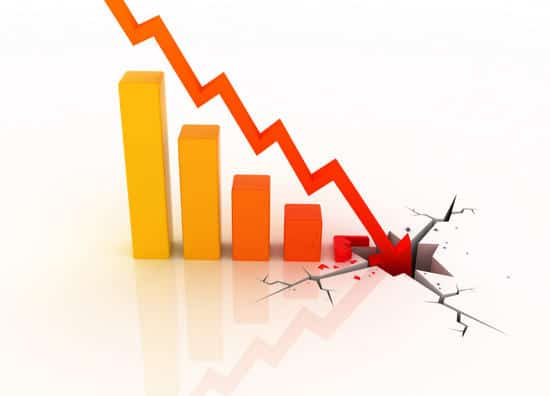
Despite the US holiday, the dollar dominated trading on Monday as it headed for a fourth day of declines, weakening against almost every major currency.
The euro’s jump weighed on European stocks, while gold gained.
Bloomberg’s dollar index approached its lowest level in three years, helping push the euro up to its strongest since 2014. The Stoxx Europe 600 Index fell even after advances in Asian stock markets, as the common currency provided a headwind to the region’s exporter-heavy gauge.
The yuan touched a two-year high as the People’s Bank of China raised the currency’s fixing to the strongest since May 2016. West Texas oil fluctuated. US markets are shut on Monday for the Martin Luther King Jr. holiday.
The dollar remains under pressure after capping five straight weeks of declines, even against a backdrop of solid US growth. Traders appear to be more excited by potentially hawkish policy shifts from central banks in Europe and Japan, by the improving political outlook in the euro area, and by the synchronized nature of global expansion that’s also propelling emerging-market economies.
Economists polled in a monthly Bloomberg survey bumped up their 2018 outlook for euro-area growth to 2.2%, close to the decade-high 2.4% pace estimated for last year.
The single currency has momentum from last week, when Germany showed signs it’s making progress in forming a coalition government, a development that will be on investors’ radars in the days ahead.
Elsewhere, company earnings are also set to dominate the agenda after the S&P 500 Index closed at a fresh record high on Friday. US equity futures advanced on Monday.
Here’s what to watch out for this week:
Earnings season ramps up: Taiwan Semiconductor Manufacturing Company, ASML Holdings, Bank of America Corporation and Goldman Sachs Group are among some notable releases.
Industrial production in the US probably increased in December, a report may show Wednesday, completing a solid year for manufacturing.
US housing starts probably slipped in December for the first time in three months as frigid winter weather impeded work, forecasts show ahead of Thursday’s release. The Bank of Canada’s interest-rate decision comes on Wednesday.
Monetary policy announcements are also this week due in South Korea, South Africa and Turkey. China releases fourth quarter GDP, December industrial production and retail sales on Thursday.
And these are the main moves in markets:
Stocks
The Stoxx Europe 600 Index dipped 0.2% as of 10:56am London time. The MSCI World Index of developed countries rose 0.4%, reaching the highest on record with its 11th consecutive advance.
The MSCI Asia Pacific Index increased 0.6% to the highest on record with the largest climb in more than a week.
Japan’s Nikkei 225 Stock Average jumped 0.3%. The MSCI Emerging Market Index gained 0.2%. The UK’s FTSE 100 Index fell 0.2%, the first retreat in a week. Futures on the S&P 500 Index climbed 0.2% to the highest on record.
Currencies
The Bloomberg Dollar Spot Index dipped 0.5% to the lowest in about three years. The euro increased 0.6% to $1.2276, the strongest in more than three years. The British pound rose 0.5% to $1.38, the strongest in about 19 months.
The Japanese yen gained 0.4% to 110.64 per dollar, hitting the strongest in more than four months with its fifth straight advance.
Bonds
Britain’s 10-year yield decreased two basis points to 1.321%, the first retreat in a week and the biggest tumble in more than a week. Germany’s 10-year yield fell one basis point to 0.57%, the largest fall in a week.
Commodities
West Texas Intermediate crude gained less than 0.05% to $64.33 a barrel, hitting the highest in more than two years with its sixth consecutive advance.
Gold rose 0.4% to $1 343.35 an ounce, the highest in more than four months.
























